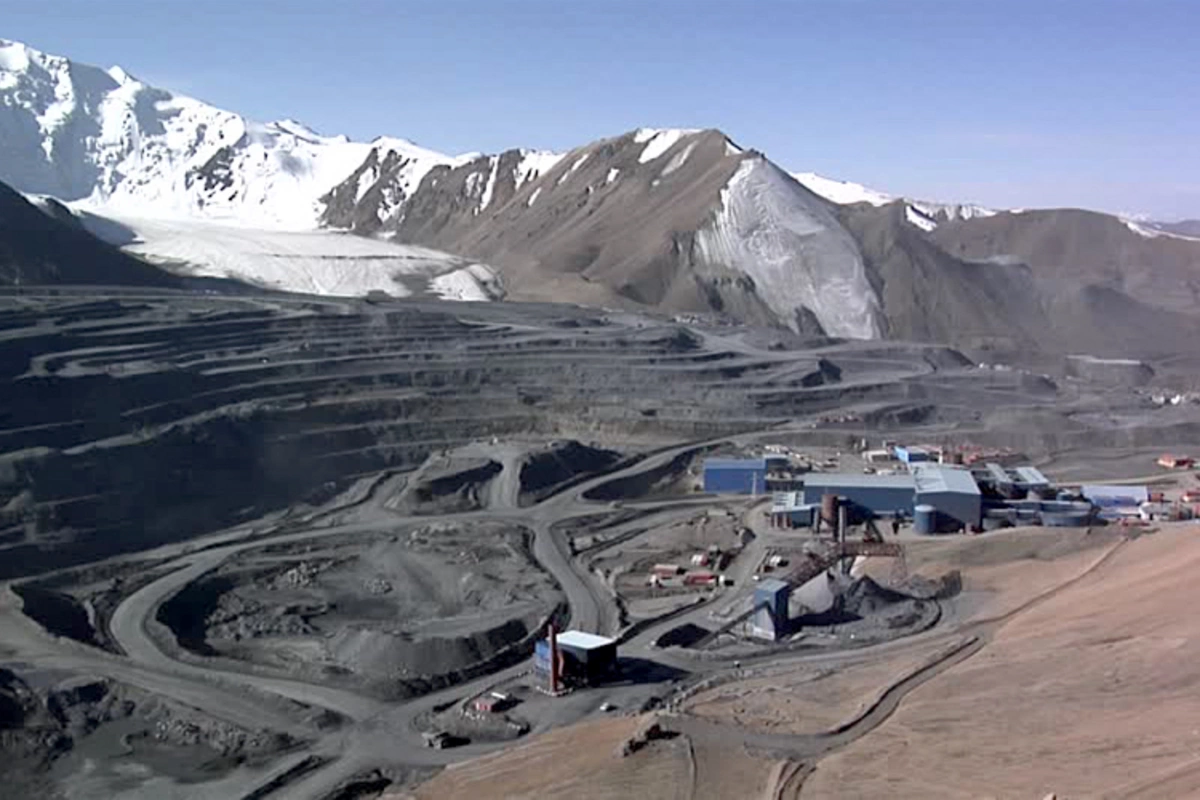
In June 2024, Kyrgyzstan lifted a ban on developing uranium and thorium deposits, a restriction that had been in place since 2019.
Photo: Mining.com
Kyrgyzstan boasts over 5,000 mineral deposits, including valuable resources such as gold, rare earth elements, uranium, and thorium, according to a recent announcement by Narynbek Satybaldiev, the country’s Deputy Minister of Natural Resources.
According to official state data, Kyrgyzstan has just over 1,000 tons of confirmed gold reserves. However, geologists estimate that the country’s total potential exceeds 4,000 tons. Many deposits are complex, containing other metals such as antimony, copper, and zinc alongside gold, The Caspian Post reports, citing The Times of Central Asia.
Satybaldiev highlighted that the recent lifting of a moratorium on deposit development presents new opportunities for mining gold and other strategically important metals essential for the global economy.
The Kyrgyz government is developing a comprehensive strategy to fully utilize its mineral resources. The plan includes exploration, mining, and processing initiatives, with a particular focus on rare earth metals. These resources are critical for producing high-tech products and advancing green energy technologies.
The implementation of this strategy is expected to boost mining revenues, strengthen Kyrgyzstan’s economic independence, and attract foreign investment.
In June 2024, Kyrgyzstan lifted a ban on developing uranium and thorium deposits, a restriction that had been in place since 2019. The decision reflects the government’s aim to balance environmental safety with the need to harness strategically important resources for economic growth.
The policy change is expected to attract investment, create jobs, and increase revenues from mineral exports.
Share on social media